























When a Persistent Cough Signals More Than the Flu: A Father’s Journey to Discovering Heart Failure A nagging cough can be frustrating, especially when you...



Understanding Iron Deficiency in Adults: Essential Tips to Boost Your Iron Levels Iron deficiency is a prevalent issue in the United States, with nearly 1...



How Vitamin D Supplements Can Potentially Lower Blood Pressure and Cholesterol Vitamin D is often hailed as a miracle nutrient for its wide-ranging health benefits, from...



Can COVID-19 Increase Your Risk of Heart Attack and Stroke? Here’s What We Know Since the onset of the COVID-19 pandemic, researchers and medical professionals...



How Breakfast Foods Impact Weight Loss and Metabolism Differently for Men and Women Maintaining a healthy weight is a challenge many individuals face, but understanding...



The Importance of Proper Arm Positioning for Accurate Blood Pressure Readings Measuring blood pressure is a critical aspect of monitoring cardiovascular health. It’s a routine...
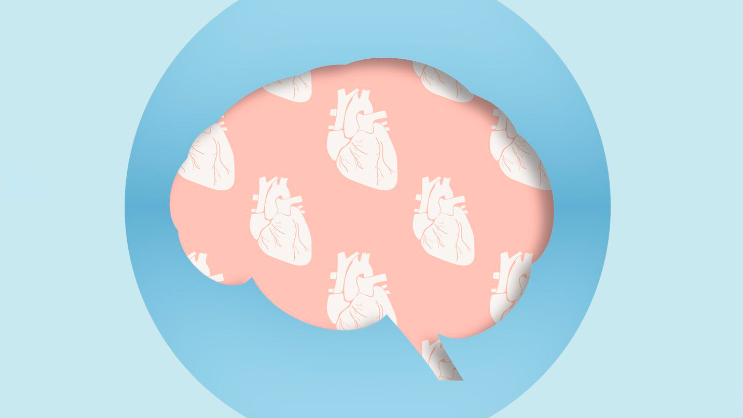
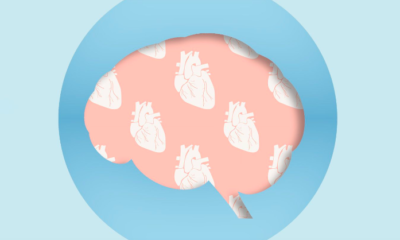

A Healthy Heart: The Key to a Healthier Brain The connection between heart health and brain function is a topic of increasing interest in medical research....



How Alcohol Consumption Increases the Risk of Six Types of Cancer Drinking alcohol is a widely accepted social activity in many parts of the world,...
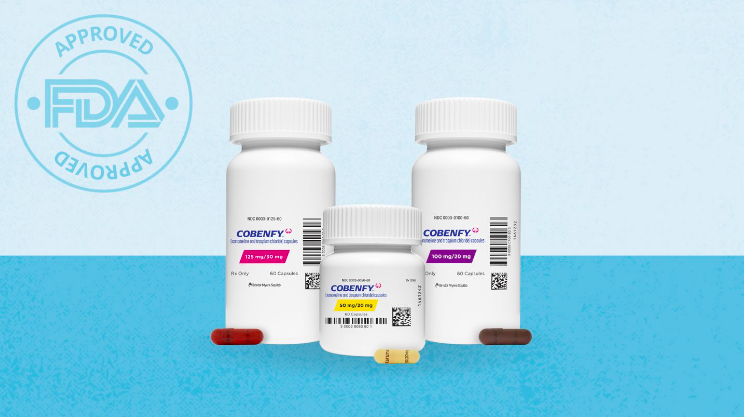
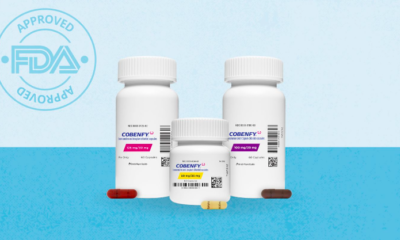

The Surprising Benefits of ‘Weekend Warrior’ Workouts: How Just Two Days Can Boost Your Health Physical fitness is crucial for maintaining a healthy lifestyle, but...
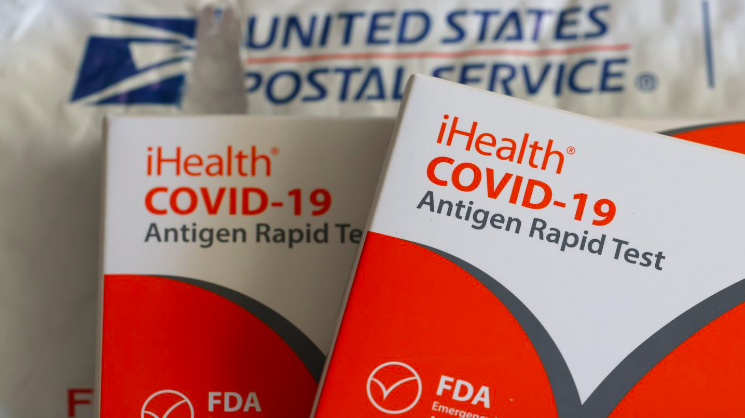


Free COVID-19 Tests Now Available Nationwide: How to Order Your Free At-Home Tests The COVID-19 pandemic may have calmed in intensity since its initial outbreak,...